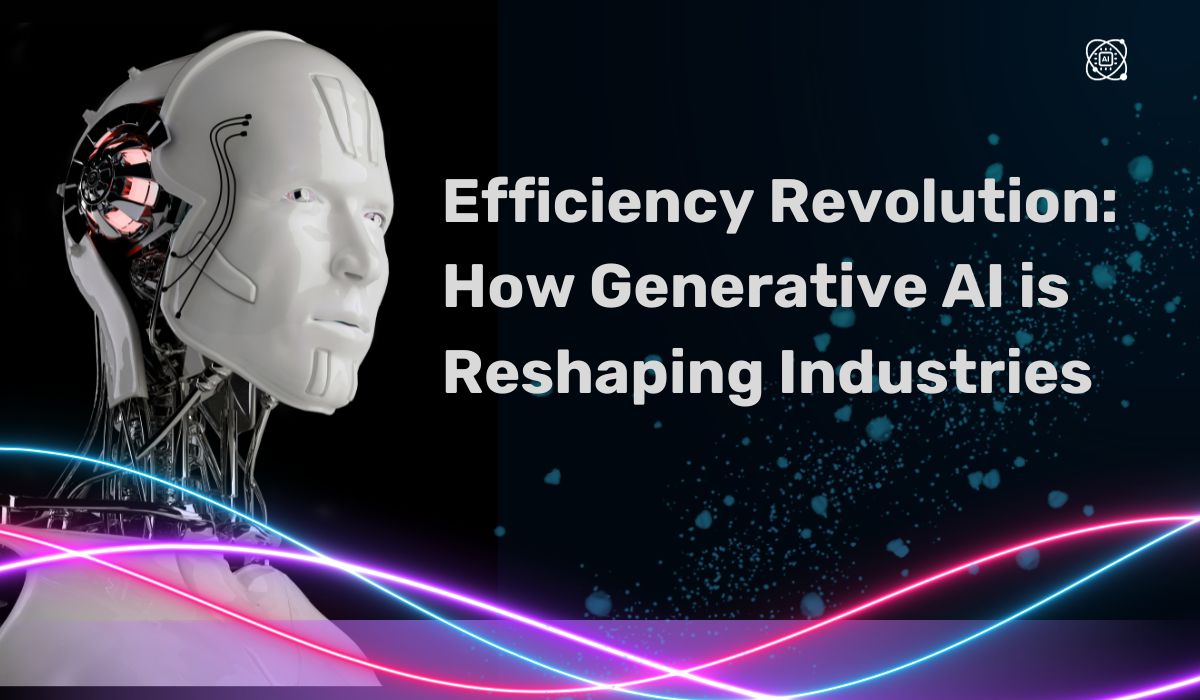
The year 2023 witnesses a surge in discussions around artificial intelligence (AI), with a particular focus on Generative AI. Advanced language models such as OpenAI's GPT-4 Turbo, Anthropic's Claude 2, Til UAE's Falcon 180B, Mistral 7B, Zephyr 7B, GenZ, Microsoft/phi-1_5, Adept/fuyu-8b, Idefics', liuhaotian/llava-v1.5-13b, Alibaba's Qwen-VL, and LumiOpen/Poro-34B have emerged as central players. Organizations across diverse industries are actively exploring the potential of Generative AI to optimize their business processes. McKinsey predicts a significant contribution of 2.6 to 4.4 trillion USD to the global economy by 2030, showcasing the immense excitement surrounding its potential.
As AI and machine learning solutions continue to demonstrate their value, the integration of Generative AI introduces a transformative paradigm. Businesses are increasingly leveraging Generative AI to generate novel content, be it text, images, audio, or video, significantly enhancing customer engagement and service delivery. The shift from a one-size-fits-all approach to highly personalized customer experiences underscores the profound impact of Generative AI on engagement strategies.
Delving into specific applications across various sectors, Generative AI is making waves in finance, streamlining fraud detection processes and minimizing manual effort. In the insurance sector, it expedites claims settlement and optimizes underwriting. E-commerce witnesses the revolutionizing impact of Generative AI-powered chatbots on customer support, while food services deliver highly personalized experiences. From higher education to consumer products, healthcare, manufacturing, and energy, Generative AI is revolutionizing product development, diagnostic processes, and predictive maintenance. As the technology continues to evolve, organizations successfully leveraging Generative AI are poised to gain a critical competitive edge in an ever-evolving business landscape.